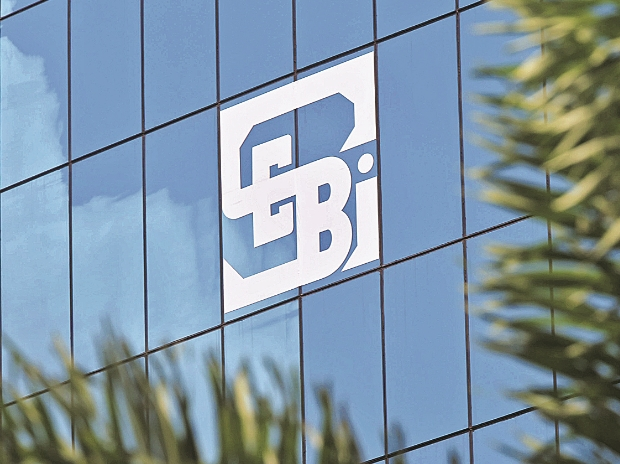Introduction
In India, the Securities and Exchange Board of India (SEBI) was set up with a mandate to protect the interest of investors, to regulate and to promote the development of the securities market. Since 1992-92, it has operated the securities customer complaint systemwhich was renamed as the SCORES system (SEBI Complaints Redress System)with the complete automation in 2011-12 with an aim to fulfil this mandate. The online platform was created to enable the investors to have greater access to the process and alsoprovide speedy redressal of grievances by the intervention of SEBI in case of non-compliance of the procedure.The article delves into how the SEBI acts as a ‘investors advocate’ by analysing the mechanismset up for these objectives and whether its approach is within the framework of law.
Redressal Mechanism of SEBI
The investor has the right to choose to seek redressal, either by directly approaching the concerned entity or through the SCORES online platform. The mechanism allows the investor to file a complaint on the online platform in case it is not satisfied with the solution given by the listed company or SEBI registered intermediary at the first instance.
SCORES is a first level customer redressal system therefore, the complaints are directly routed to the concerned entity for redressal. The entity is given a month to resolve the issue filed by the complainant before the same is forwarded the Designated Stock Exchange (DSE) through SCORES, after which another month is allotted to the company to submit an Action Taken Report (ATR) which again must be filed on SCORES. If the DSE is satisfied with the report and the complainant is content with the redressal given then the stock exchange shall submit an ATR to SEBI through SCORES and the case shall be closed. However, in case there is a failure to redress the issue within 60 days by the listed companies, the DSE has the power to initiate action against the entity. This shows, that the intention of the mechanism is to render opportunity to the investor to seek appropriate redressal and provide suitable platform for pursuing remedy.
The investor further has the option of approaching the Investor Grievance Redressal Committee (“IGRC”), and finally resort to arbitration mechanism set up by the Stock Exchange within six months from the date of IGRC recommendation in case the complainant prays for further investigation into the matter. The aggrieved complainant nonetheless has the final option to approach the court of law, in case the mechanism set up for redressal does not satisfy the concerns of the investor.
It is therefore evident, that the SEBI provides for many recourses to the investor who is aggrieved by the transactions between the two parties and is in favour of rendering suitable remedies to the investor. Under the Act, it can also impose fines upto rupees one crore on the listed companies/intermediaries on account of failure to provide redress to investors’ grievances.
Conclusion
SEBI regulates the public offering of equity, debt and asset backed securities, as well as collective investment schemes (CIS) and the trading of securities and derivatives in recognized stock exchanges (RSEs).It derives its powers to regulate from (i) the SEBI Act; (ii) the Securities Contract (Regulation) Act, 1956 (SC(R) Act); (iii) the Depositories Act,1996; and (iv) and the Companies Act, 2013 in respect of listed companies and companies proposed to be listed on the Recognized Stock Exchanges.
SEBI has also established several mechanisms to ensure robust oversight of the Registered Stock Exchanges (RSE) in the discharge of their self-regulatory functions. Such mechanisms include periodic reporting, as well as regular meetings on market developments, and annual on-site inspections. This provides for accountability and transparency on the part of the RSEs to maintain records and dispose matters expeditiously. Though SEBI does not have the authority to settle monetary disputes but it can impose disciplinary actions on issuers and/or securities intermediaries if the laws and regulations have been breached. As per the RSEs by-laws brokers have to abide by system of arbitration as well. SCORES has proved to have an effective mediation and arbitration scheme (non-binding) among capital market intermediaries. Thus, SEBI has acted within its powers to establish and supervise the securities customer complaint system and thereby acted in bolstering the objectives of protecting investor interests and maintaining steady and speedy disposal of disputes in the securities market.
Author: Ria R Nair is student of Amity University, Mumbai. Currently she is researcher at the Indian Society for the Legal Research. She can be followed on LinkedIn.

